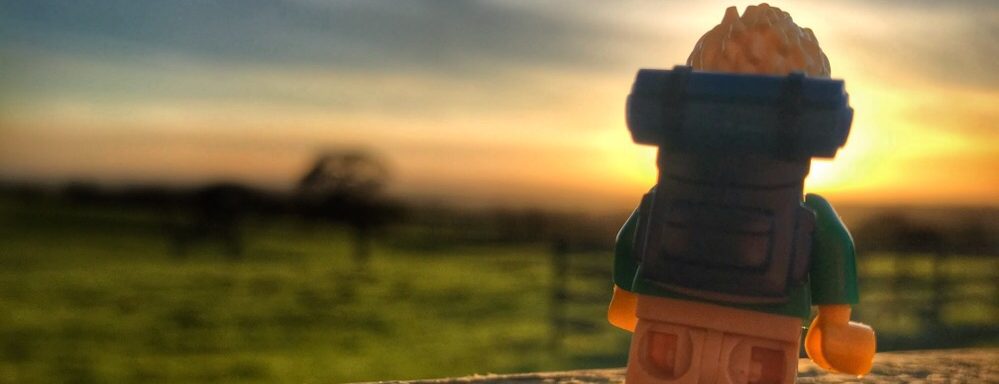
As part of his battle for Labour leadership, you may have seen Jeremy Corbyn and his plans for a Digital Democracy to “democratise the internet” mentioned in the news. It seems this would be achieved by the use of a digital “bill of rights”.
A more simple way of looking at this, is that Mr Corbyn would like to make the internet a more level playing field (particularly in terms of internet speed, and access to information), and government use of the internet (with an apparent focus on engaging young people in politics). Which are policies I agree with.
The main pledge in the digital “bill of rights” that would probably get the most attention is the “Universal Service Network”, this is the pledge that says:
“We will deliver high speed broadband and mobile connectivity for every household, company and organisation in Britain from the inner city neighbourhoods to the remotest rural community.”
Sadly there doesn’t seem to be a commitment to the expected speed, and if the government would be reliant on BT for this promise. But according to his press conference, there would be £25bn pledged towards this happening. So I guess this would help the remote Devon farms to be connected.
The manifesto is available online here, and is an easy read. Reading it though I cant help shake the feeling that this has been said by previous governments before.
I would praise Mr Corbyn for his seeming want to create an inclusive society, as highlighted by comments made about not everyone being comfortable with online services, but I do feel his digital “bill of rights” misses out comment about the costs involved in buying a computer, and potentially teaching people in these online services.
Obviously many people access the web via a smart phone now, but I imagine using a number of the local and central government online services to be a challenge on a mobile device.
I like the heart behind a lot of today’s announcements, but feel more detail would be needed in the future.
For more information, check out the BBC website.
(Post originally appeared on AndesMedia – Photography and Web Design)
